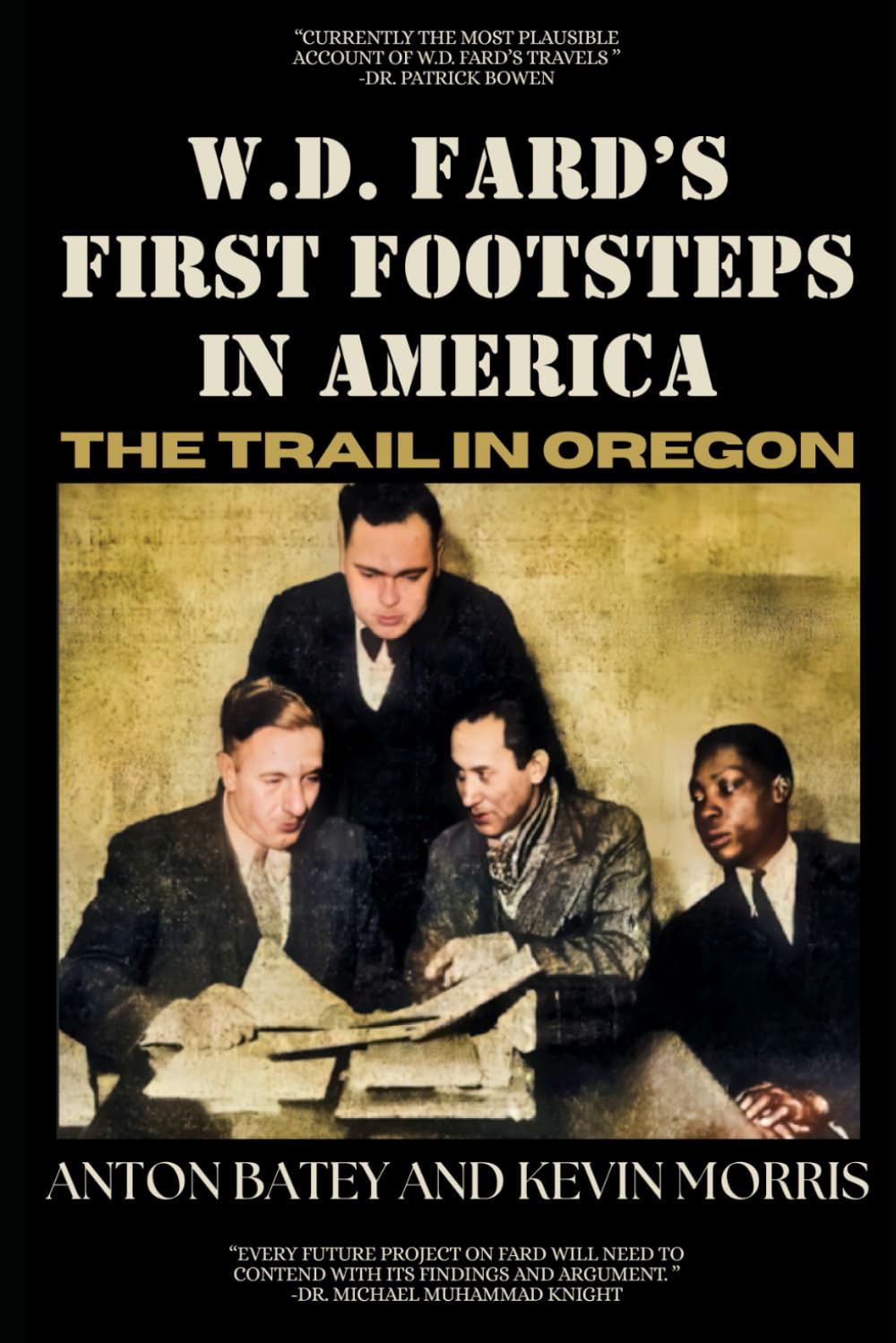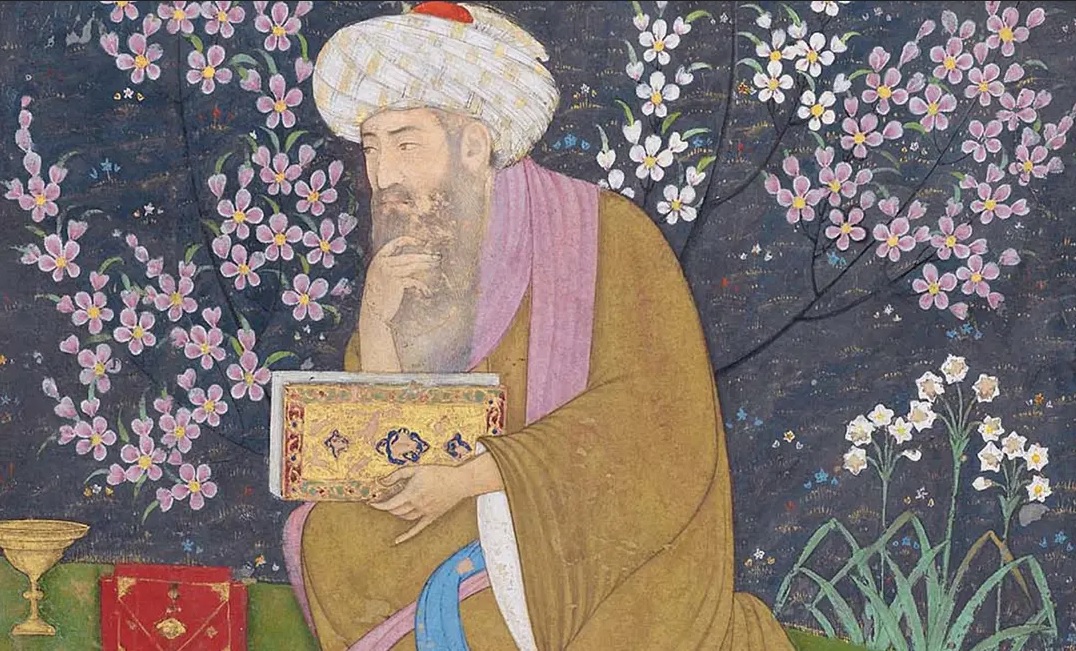Latest essays

riter and producer Conrad Flynn recently appeared on The Tucker Carlson Show to discuss Nick Land.[1] Nick Land, “the father of accelerationism”,[2] influential in some Silicon Valley circles and among the new right, treats society as a system that cannot be reformed but only rebooted through collapse (“meltdown”).[3] He believes in the role [...]

“. D. Fard: The Man, Myth, and Mystery Behind the Nation of Islam” offers a bold, multidisciplinary investigation into the elusive founder of the Nation of Islam. W. D. Fard, known to his followers as Master Fard Muhammad, was the man of mystery whose teachings inspired Malcolm X, Muhammad Ali, Elijah Muhammad, Louis Farrakhan, and[...]

y 1908, Black nationalist leader and deity Wallace Fard Muhammad (known then as Fred the Turk, Fred the Greek, and other aliases) was operating a food cart in Oregon. Twenty-two years before he declared Black people’s independence from the hells of North America, Fard sold tamales and sandwiches, perhaps in pursuit of the American Dream.[...]

he Muslim community in the West loves the Lord of the Rings movies. It does not conflict with the values of Islam on a basic level. It is more chaste than what popular fantasy fiction would become. It is a battle of good and evil. The Lord of the Rings’ reception in the Muslim community[...]

n the cosmic soup that made up W.D. Fard’s hodgepodge of religious influences, scholars have noted the impact of the Theosophical Society to varying degrees. The Theosophical Society was a late nineteenth century esoteric religious movement founded by “Madame” Helena Blavatsky, a Russian American mystic and writer. Theosophy grew out of the [...]

Knight, Michael Muhammad. The Supreme Wisdom Lessons: A Scripture of American Islam. Sheffield and Bristol: Equinox, 2024. Hardcover. List Price: $92.83. In a Muslim world marred by mediocrity, rumination, and regurgitation, Michael Muhammad Knight (b. 1977) shines brightly as one of the most original and creative Islamic writers of our times. [...]

he modern Western narrative would have us believe that freedom of thought and expression are ideals that are the envy of those living under authoritarian rule. While these ideals are indeed taken seriously in many spheres of life, the West has a nasty track record of curtailing the very products that it has claimed to[...]
SUPPORT US
Learn about all the ways that you can give. Help BLIIS provide you with frequent and high-quality content on the academic study of Islam and the Near East.
Academic RESEARCH

he influence of Freemasonry on the Nation of Islam has been known since the beginning. According to Beynon in 1938, W.D. Fard referred his followers “to a miscellaneous collection of books on Freemasonry and its symbolism.”[1] According to Sahib [...]

srā’īlīyāt (literally “things attributed to Israelites”) refers to a subgenre of Islamic sources that have a Jewish or Christian origin. After Islam swept the Near East in the seventh century, Muslims inherited a milieu rich with literature and [...]

A chapter in the upcoming book “W.D. Fard: The Man, Myth, and Mystery Behind the Nation of Islam” by Dr. John Andrew Morrow and Bilal Muhammad. n 2025, Resume Byron shared the following photo on YouTube: (Figure A-3.1. Wallace [...]
